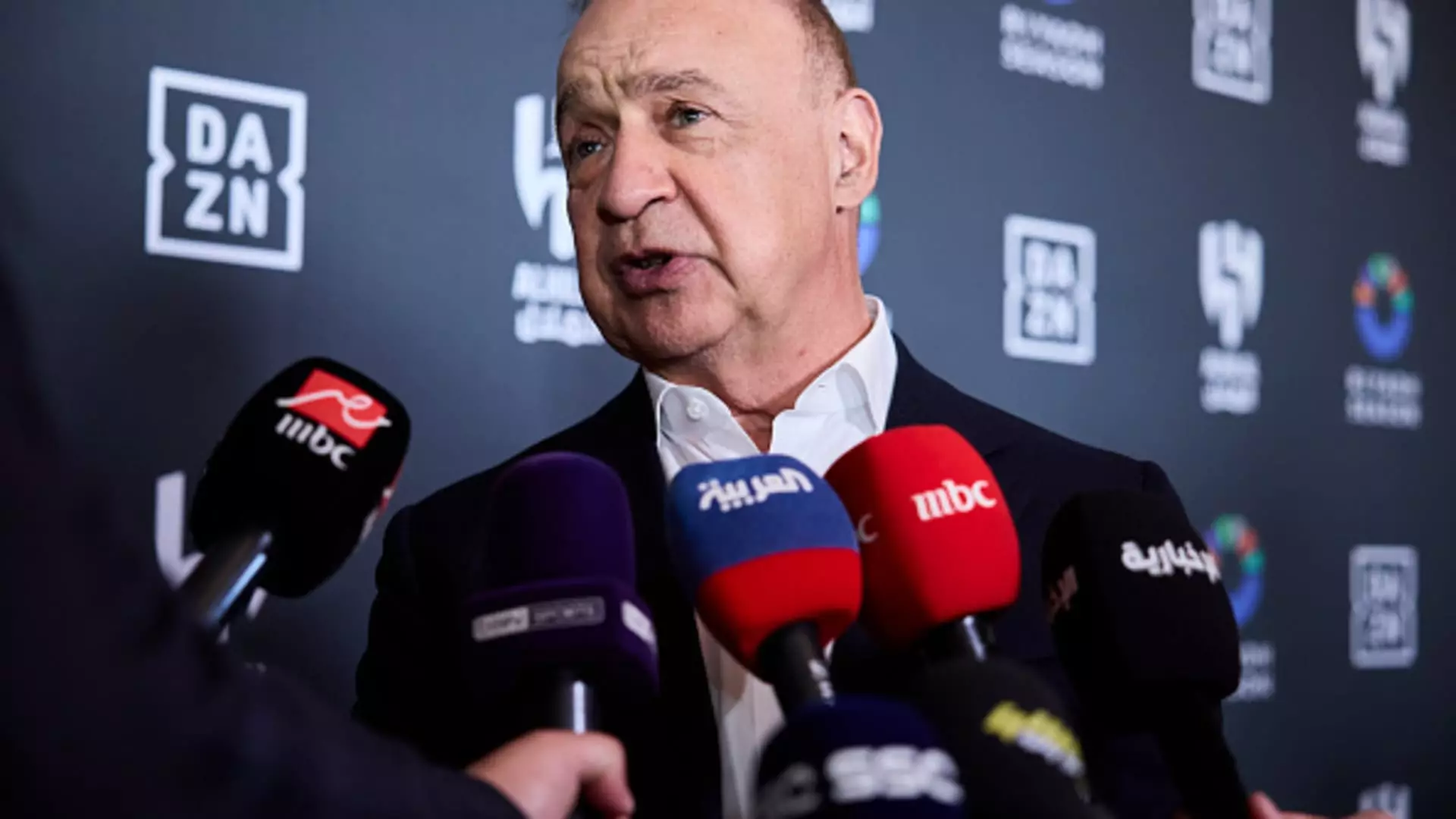Recent developments have revealed a significant impact on the decision-making apparatus of wealthy family offices, particularly in the wake of President Trump’s tariff announcements. March witnessed an eye-watering 45% reduction in direct investments made by private investment firms compared to the previous year. The landscape of high-net-worth investing is ostensibly transformed, where political maneuvers seem to dictate the rhythm of investment strategy. The statistics underscore a somber reality: when faced with uncertainty, wealthy investors often recoil, triggering a cascade of caution that resonates through the markets.
Family offices, which generally operate as the investment wings of extremely affluent individuals or families, have traditionally benfitted from their agility and resourcefulness. However, recent data from Fintrx, a wealth intelligence platform, elucidates a stark contraction—a mere 40 direct investments in March, down from the previous year. This retreat is a reflection of the broader unease in financial markets brought upon by tariff risks, calling into question whether the globalized investment philosophies that had once unified these entities can withstand the stresses imposed by nationalistic economic policies.
The Tariff Effect: A Double-Edged Sword
The economic ramifications of Trump’s far-reaching tariffs are significant yet understated in their complexities. With a baseline duty of 10% imposed across numerous countries, and steep penalties topping out at 46% for certain trades, the essential calculus for family offices has shifted dramatically. Wealth managers, like Vicki Odette of Haynes Boone, articulate a sentiment present among their clients: a palpable hesitance to make commitments as they reassess the viability of their investments. The looming threat of tariffs has unraveled the confidence that once characterized global investment strategies, laying bare vulnerabilities that can potentially unearth significant financial losses.
The calculated risk taken on by family offices comes at a crucial juncture where both operational profitability and exit strategies are increasingly tenuous. Family offices have the capacity to assess market conditions more meticulously than traditional investment funds, yet this also makes them more susceptible to paralysis during periods of uncertainty. The resulting stagnation can spiral, creating a negative feedback loop that discourages capital deployment, thus choking off the lifeblood of entrepreneurial ventures in sectors that are felt most keenly in this trade war.
Local and Global Repercussions
What becomes alarming is the observation that this hesitance is not localized to American investors. Even Middle Eastern family offices, who have historically been vanguards of cross-border investments, have exhibited similar behavior. Their vested interests in the U.S. and European markets are now mired in anxiety over the far-reaching implications of American trade policies. This geopolitical uncertainty is further echoed in these families’ investment considerations, as they struggle to assess the ripple effects of American politics on their global portfolios.
The consequences are not only quantitative but qualitative. Family offices are evolving in real time, strategizing responses to external pressures by paying increasing attention to alternative investment vehicles—specific to the rising allure of private credit funds. This signals a shift away from traditional asset classes towards more liquid and risk-managed avenues, allowing these wealthy investors to safeguard their capital while maintaining a semblance of operational engagement.
Adapting to New Economic Realities
Even amidst turbulence, stories of adaptation emerge. While the macro environment appears bleak, select entities like Euclidean Capital, under the guidance of late hedge fund luminary Jim Simons, have deftly maneuvered to secure investments in promising ventures like Zeitview—a startup innovating with drone imagery for renewable energy inspections. Investments like these provide a glimmer of hope, suggesting that even in times of distress, opportunities can arise for those willing to look beyond the immediate impact of tariffs.
Moreover, the historical pace of family office investment does not preclude them from finding new openings for growth. It simply requires a recalibration of focus and an urgency in strategic thinking. Those family offices that are willing to embrace innovation, even within the stringent limitations of the current economic landscape, may discover that their ability to adapt could ultimately serve not only to preserve wealth but also to foster new avenues for economic contribution. The key will lie in discerning which investments align with both their risk appetite and their long-term vision.
As the landscape continues to evolve, one fundamental truth remains: wealth does not exist in a vacuum. It is inextricably linked to the socio-political frameworks that shape economic realities. Thus, as uncertainty clouds the horizon, the decisions made by family offices today will likely reverberate through the financial markets of tomorrow.

